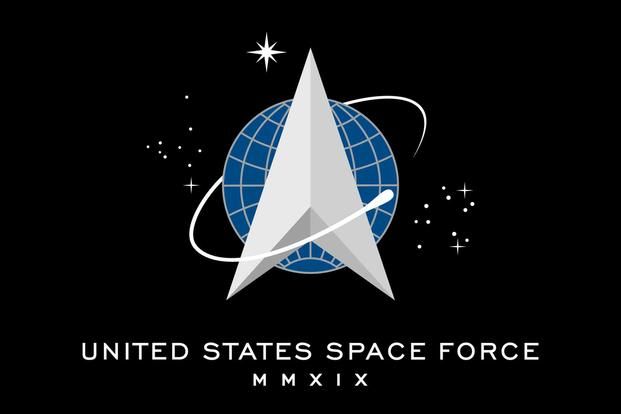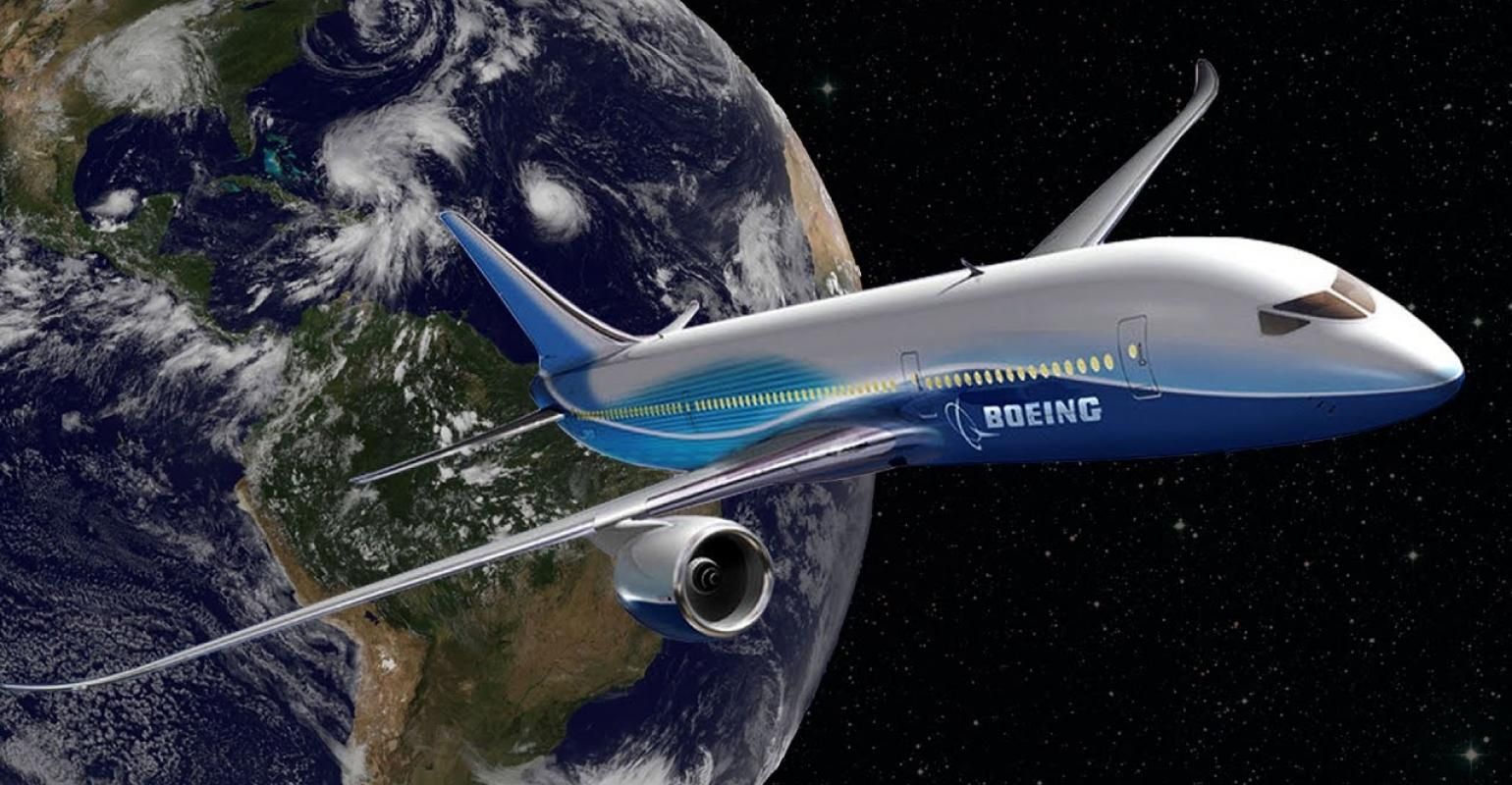US Military’s Need for Information Fueling Demand for Space Technology
Article by Sandra Erwin April 25, 2021 (spacenews.com)
• In a clear sign that the demand for space-based capabilities is growing across the U.S. military, the US Army has announced plans to explore new uses of satellites and other space technology in support of soldiers on the ground. All the military services are looking at ways to use space to their advantage, said General David Thompson, vice chief of space operations of the US Space Force.
• The Space Force, created in 2019, is responsible for defending US satellites that foreign adversaries could target in a future conflict. Space Force also supports the US military with technologies like GPS navigation, satellite-based communications, surveillance and early warning.
• “Some people are jumping to the conclusion that they [the Army] will build and fly their own satellites,” said General Thompson. But other possibilities are being considered as well. The Army, Navy, Air Force and Marine Corps all want “the ability to get information from space” regardless of how it’s acquired. Thompson said that military leaders are discussing options for how new capabilities could be funded and brought to fruition. “There’s a whole host of ways that they can obtain the data they need from space to enable their tactical operations.”
• It remains to be seen if future budgets will support the Pentagon’s growing space systems wish lists. Funding for space capabilities has increased in recent. Across the military, the services have concluded that space systems give them the ability to capture information and share it quickly with forces around the world. All the services, the combatant commands and the Joint Staff are “in the process of identifying requirements that they need, that they expect the Space Force to be able to provide,” Thompson said.
• The budget request the Biden administration will submit for fiscal year 2022 is mostly wrapped up but “there’s a lot of work to do inside DoD and with the administration and with Congress,” Thompson said. “I think we’ll be in… the position we kind of sort of expected to be in. The challenge will be to see how it’s going to evolve in the future.” “We’re all on the same boat.”
WASHINGTON — The U.S. Army last week announced plans to explore new uses of satellites and other space technology in

support of soldiers on the ground.
This is a clear sign that the demand for space-based capabilities is growing across the U.S. military, said Gen. David Thompson, vice chief of space operations of the U.S. Space Force.
 All the military services are looking at ways to use space to their advantage, Thompson said in an interview with SpaceNews.
All the military services are looking at ways to use space to their advantage, Thompson said in an interview with SpaceNews.
“Part of this is a recognition of how critical space capabilities and information from space is going to be to the fight,” he said of the Army’s announcement that it plans to invest in space systems.
The Space Force was spun out the Air Force in 2019 to give the military a dedicated branch focused on space. It is responsible for defending U.S. satellites that foreign adversaries could target in a future conflict, and the Space Force supports the U.S. military at large with technologies like GPS navigation, satellite-based communications, surveillance and early warning.
and the Space Force supports the U.S. military at large with technologies like GPS navigation, satellite-based communications, surveillance and early warning.
Thompson said Space Force and Army leaders are discussing options for how new capabilities could be funded and brought to fruition. “There’s a whole host of ways that they can obtain the data they need from space to enable their tactical operations,” said Thompson.
“Some people are jumping to the conclusion that they [the Army] will build and fly their own satellites,” he said. But other possibilities are being considered as well.
The Army, Navy, Air Force and Marine Corps all want “the ability to get information from space” regardless of how it’s acquired, said Thompson.
“There is no question the Army recognizes that space capabilities, that information from space are vital to joint war fighting,” said Thompson. “It’s vital to the Army, the Navy, the Air Force and the Marines as well.”
FAIR USE NOTICE: This page contains copyrighted material the use of which has not been specifically authorized by the copyright owner. ExoNews.org distributes this material for the purpose of news reporting, educational research, comment and criticism, constituting Fair Use under 17 U.S.C § 107. Please contact the Editor at ExoNews with any copyright issue.





 called “Millennium Space Systems, A Boeing Company” and Millennium’s Founder/ Former CEO is a gentleman named Stan Dubyn.
called “Millennium Space Systems, A Boeing Company” and Millennium’s Founder/ Former CEO is a gentleman named Stan Dubyn.

